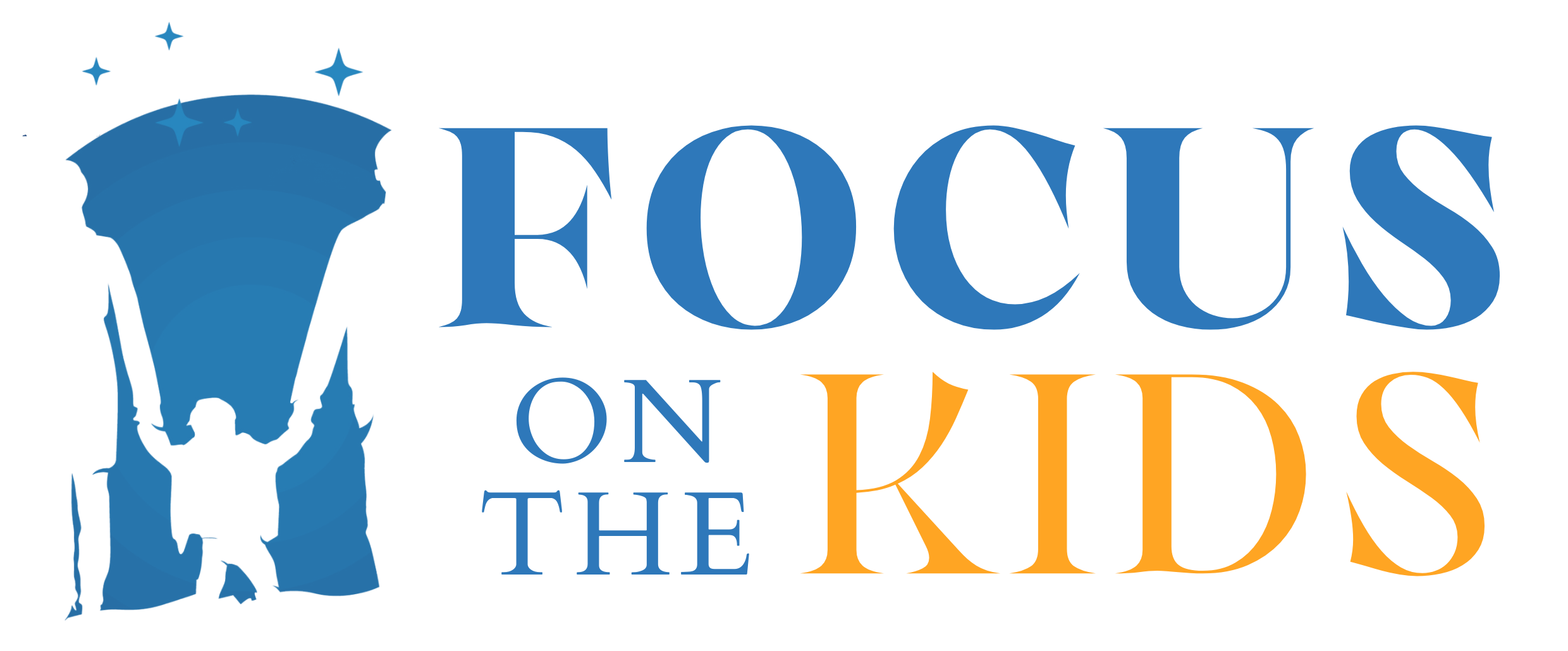Early childhood education (ECE) plays a critical role in a child’s cognitive, emotional, and social development. Often defined as the period from birth to eight years old, this stage of education lays the groundwork for future academic success and overall well-being. With increasing awareness about the importance of early learning, parents and educators are more focused than ever on providing quality educational experiences in a child’s formative years.
In this article, we will explore what early childhood education is, its benefits, key components, current trends, and tips for parents to support their child’s early learning journey.
What Is Early Childhood Education?
Early childhood education refers to the structured and informal teaching that children receive before they enter formal schooling (kindergarten through third grade). It includes preschool programs, daycare centers with educational elements, and activities parents and caregivers do at home to foster learning.
ECE focuses on helping children develop foundational skills such as:
- Language and literacy
- Motor skills
- Social and emotional understanding
- Basic math and science concepts
- Problem-solving and critical thinking
The Benefits of Early Childhood Education
1. Brain Development:
During the early years, a child’s brain develops more rapidly than at any other time in life. Quality ECE programs stimulate brain activity and help children form neural connections that influence lifelong learning.
2. Social Skills:
By interacting with peers and adults in structured settings, children learn to share, take turns, follow directions, and resolve conflicts—key skills that benefit them in school and beyond.
3. Academic Readiness:
Children who attend early education programs often perform better academically. They develop literacy and numeracy skills that ease the transition into formal schooling.
4. Emotional Regulation:
ECE helps children learn how to understand and manage their emotions, improving their self-control and resilience.
5. Long-Term Impact:
Research shows that children who receive high-quality early education are more likely to graduate from high school, pursue higher education, and have higher earning potential as adults.
Key Components of Effective Early Childhood Education
1. Qualified Educators:
Skilled and passionate teachers are the backbone of successful early education programs. They use age-appropriate teaching strategies and create safe, engaging environments.
2. Play-Based Learning:
Play is not just fun; it’s educational. Through play, children explore their environment, develop creativity, and learn problem-solving.
3. Parent and Family Involvement:
Parental engagement reinforces learning at home and builds a strong connection between families and educators.
4. Inclusive and Diverse Curriculum:
ECE should respect cultural, linguistic, and developmental differences, ensuring that all children feel valued and supported.
5. Safe and Nurturing Environment:
Physical and emotional safety is essential. Children thrive in environments where they feel secure and cared for.
Current Trends in Early Childhood Education
1. Technology Integration:
More programs are incorporating digital tools to enhance learning, including interactive games, tablets, and educational apps. However, balance and screen time limits are important.
2. Emphasis on Social-Emotional Learning (SEL):
Programs are placing more focus on teaching empathy, emotional awareness, and cooperation.
3. STEAM Education:
Early exposure to Science, Technology, Engineering, Arts, and Math (STEAM) activities helps develop curiosity and problem-solving skills.
4. Outdoor and Nature-Based Learning:
Spending time in nature boosts physical health, creativity, and appreciation for the environment.
5. Multilingual Education:
Introducing additional languages at a young age can enhance cognitive development and communication skills.
How Parents Can Support Early Childhood Education
1. Read Together Daily:
Reading to your child promotes language development, imagination, and bonding. Make it a part of your daily routine.
2. Encourage Curiosity:
Answer your child’s questions patiently and involve them in everyday learning activities, such as cooking or gardening.
3. Set a Routine:
Consistent routines help children feel secure and develop time management skills.
4. Limit Screen Time:
Provide interactive, hands-on learning instead of passive screen time.
5. Communicate With Educators:
Stay informed about your child’s progress and collaborate with teachers to address any concerns.
Conclusion
Early childhood education is a vital investment in a child’s future. It supports brain development, fosters emotional and social intelligence, and lays the groundwork for academic success. With the right combination of skilled educators, supportive families, and engaging learning environments, children can thrive and reach their full potential.
Whether at home or in a structured setting, every experience in a young child’s life contributes to who they will become. As awareness grows, the focus must remain on providing inclusive, high-quality early learning opportunities for all children.
By understanding and supporting early childhood education, parents and educators play a powerful role in shaping the next generation of thinkers, creators, and compassionate individuals.
















